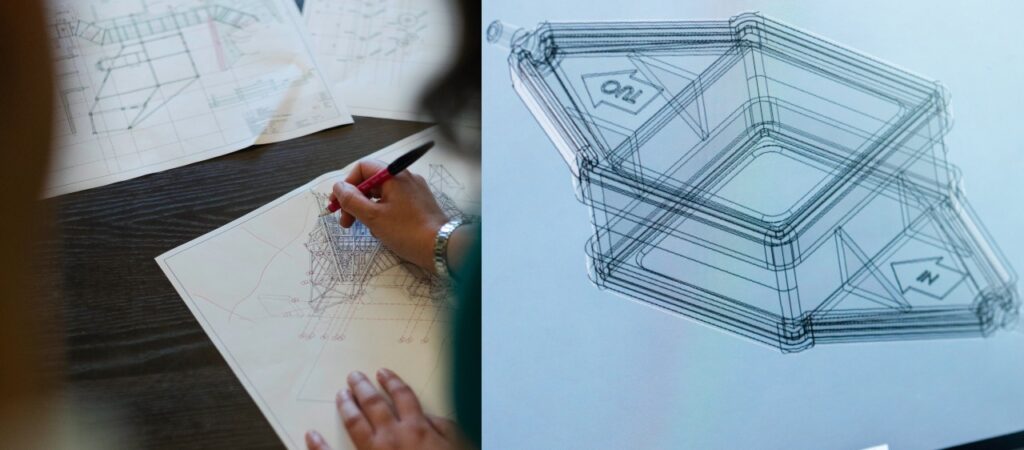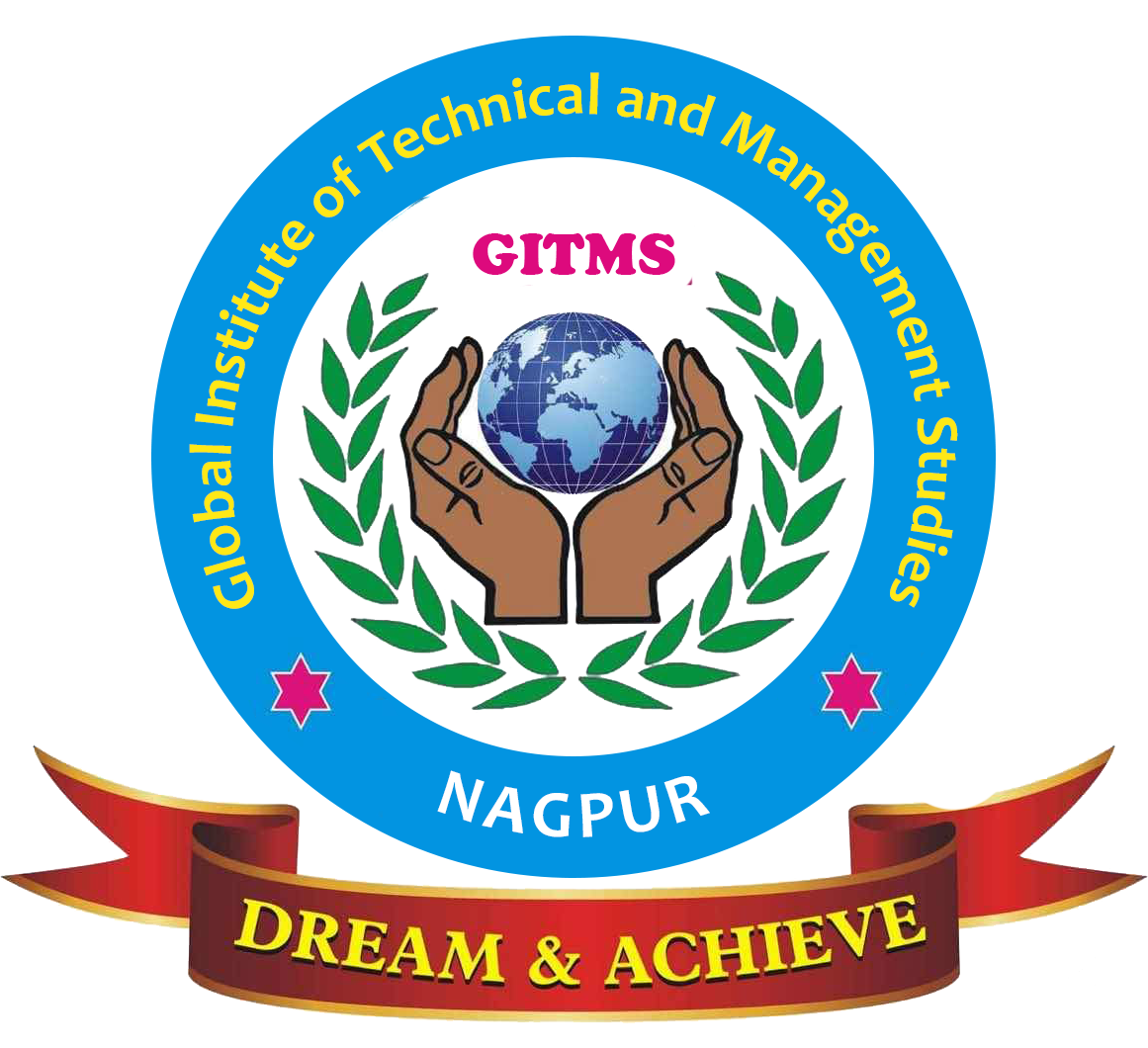Textile Engineering

These programs are meant for basically those professionals who are already working in technical departments of the corporate sector. These courses enable our students to go ahead and achieve higher profiles in their respective organizations through a high profile curriculum.
| Courses | Diploma in Textile Engineering | Bachelors Program in Textile Engineering | Master Program in Textile Engineering |
| Eligibility | S.S.C with Work Experience | 3 Years Diploma or HSC with 3 years Work Experience | Graduate or Diploma with 5 years of Work Experience |
| Syllabus | Sem – I 1. Introduction to Textile Fibers – I 2. Basic Mathematics 3. Applied Chemistry 4. Applied Physics 5. Computer Fundamentals Sem – II 1. Electronic Circuit Technology of Bleaching & Dying 2. Fabric Manufacturing Technology 3. Fabric Structure & Design 4. Introduction to Textile Fibers – II 5. Yarn Testing Sem – III 1. In-plant Training 2. Advanced Knitting Technology 3. Technical Textile 4. Process Control in Fabric Manufacturing 5. Spinning Preparatory Sem – IV 1. Advanced Fabric Manufacturing 2. Textronics 3. Quality Management 4. Yarn Technology 5. Textile Design & Color Sem – V 1. Textile Fibers 2. Chemical Processing & Finishing 3. Textile Finishing 4. Spinning 5. Weaving Sem – VI 1. Textile Machines & Maintenance 2. Modern Yarn Technology 3. Textile Mill Planning & Organization 4. Quality Control in Textile 5. Engineering Designs & Textile Structures | SEM – I 1. Engineering Mathematics 2. Engineering Physics 3. Engineering Chemistry 4. Basics of Civil & Mechanical Engineering 5. Fundamental of Computer Programming 6. Engineering Graphics SEM – II 1. Engineering Mathematics II 2. Environmental Science 3. Basics of Electrical & Electronics Engineering 4. Polymer Science 5. Basics of Mechanics 6. Engineering Chemistry SEM – III 1. Engineering Mathematics III 2. Applied Mechanics 3. Spinning Technology 4. Engineering Design Concepts 5. Textile Fibers 6. Textile Machine Drawing SEM – IV 1. Probability & Statistics 2. Spinning Technology II 3. Weaving Technology I 4. Textile Chemical Processing 5. Manmade Fibers 6. Theory of Machines SEM – V 1. Structure & Properties of Textile Fibers 2. Weaving Technology II 3. Knitting Technology 4. Textile Chemical 5. Dying & Printing 6. Textile Testing SEM – VI 1. Maintenance Management 2. Quantitative Methods in Textiles 3. Garment Technology 4. Nonwoven Technology 5. Fabric Structure & Design 6. Pattern Making SEM- VII 1. Engineering economics 2. Technical textile – I 3. Process & quality control in spinning & weaving 4. Textile Industry & Mill Management 5. Textile Product Development 6. Post Spinning Operation SEM- VIII 1. Texturing Technology 2. Advance Theory of Textile Structure 3. Technical Textile – II 4. High Performance & Specialty Fiber 5. Mill Management, Layout & Economics 6. Advance Dyeing & Printing Technology | SEM – I 1. Elements of Material Science 2. Textile Fibers 3. Introduction to Textile – I 4. Theory of Textile Structure – I 5. Mixing & Blow-Room 6. Weaving 7. Textile for Interiors SEM – II 1. Draw Frame & Comber 2. Introduction to Textile – II 3. Engineering Chemistry 4. Textile Finishing 5. Roving, Ring Frame & Spinning of Manmade Fibers 6. Textured Yarn Technology 7. Theory & Design of Weaving Machinery SEM – III 1. The Textile Industry 2. Natural Fibers 3. Fiber Characteristics 4. Yarn & Sewing Threads 5. Woven Fabrics 6. Knitted Fabrics 7. Textile Dying SEM – IV 1. Textile Printing 2. Textiles & Design 3. Unconventional Weaving 4. Engineering Properties of Textile Materials 5. Theory of Textile Structure – II 6. Carding 7. Specialization |
| Duration | 1 ~ 3 Years | 1 ~ 4 Year | 1 ~ 2 Year |
| Fees | 29000/- | 39000/- | 36000/- |

DIRECTOR’S DESK
Welcome you all Aspirants…
I welcome you on behalf of the GITMS and thank you for showing your interest in us. GITMS is impart excellence in management education, research, and managerial training.
From Director’s Desk : GITMS
For a management institute it is imperative to be prepared for the changing environment while teaching its students to do the same. In an era that has come to become the epitome of competition, B-schools face the very pressures that they prepare their graduates for.

